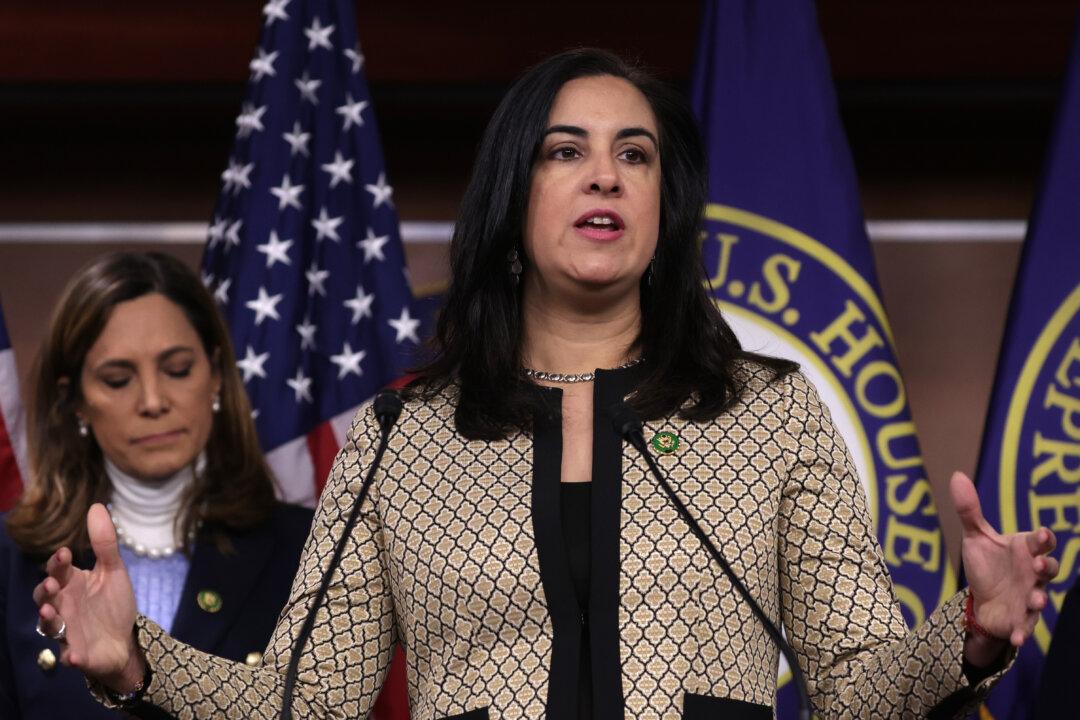Republican lawmakers questioned Health and Human Services, United States Agency for International Development, and State Department officials who testified about the United States integration with the World Health Organization (WHO).
In a congressional hearing titled “Reforming the WHO: Ensuring Global Health Security and Accountability” on Dec. 13, Rep. Nicole Malliotakis (R-N.Y.) raised critical questions about the United States’ continued support for the WHO amidst concerns about its handling of COVID-19 investigations and potential compliance with Chinese narratives.





